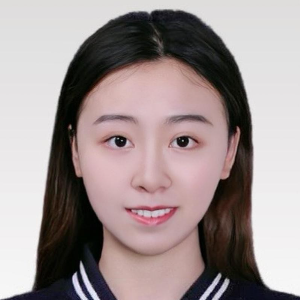Title: Construction and practice of whole-process rehabilitation management model based on HAPA theory for patients with frozen shoulder
Abstract:
Objective: To construct a whole-process rehabilitation management model based on the theory of Health Action Process Approach for patients with frozen shoulder, and to evaluate its application effect.
Methods: Through the experience of literature retrieval and the actual expert consultations, we set up a research team and constructed a whole-process rehabilitation management model for patients with frozen shoulder based on the theory of Health Action Process Approach. Patients with frozen shoulder admitted to a tertiary grade A hospital in Zhejiang from May to November 2022 was selected by convenient sampling. Those were admitted from May to July 2022 were set as the control group (n=40), and they were with the routine nursing care. Those were admitted from September to November 2022 were set as the intervention group (n=40), and they were with the whole-course rehabilitation management mode based on the theory of Health Action Process Approach. The differences of Constant scale score, QuickDASH scale score, NRS score at rest and activity were compared between the two groups 1 day and 1 month after surgery.
Results: After the intervention, the Constant scale score and QuickDASH scale score of the observation group were higher than those of the control group (P<0.01), the maximum NRS score during activity of the observation group was lower than that of the control group (P<0.01), while there was no statistically significant difference in the maximum NRS score at rest between the two groups (P>0.05).
Conclusion: The whole-process rehabilitation management model based on the theory of Health Action Process Approach can relieve the pain of patients with frozen shoulder, promote comfort, and speed up shoulder joint rehabilitation. It is a safe, feasible, efficient and scientific new nursing management mode, and can provide new ideas for the nursing management of frozen shoulder patients.



